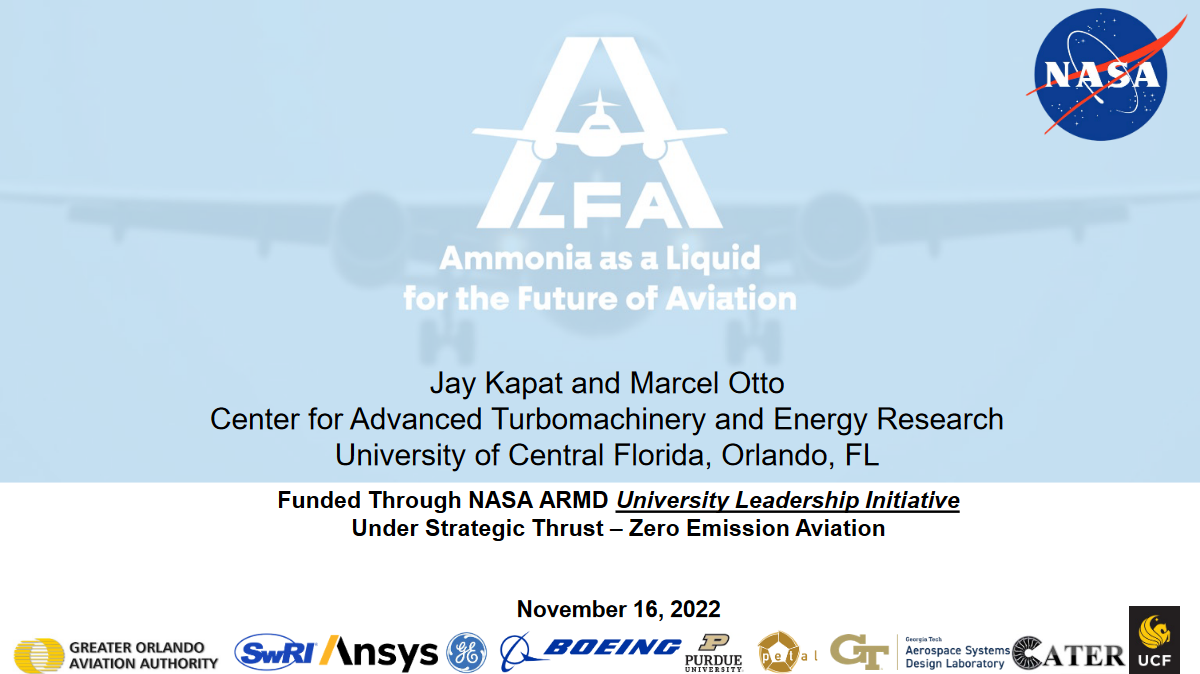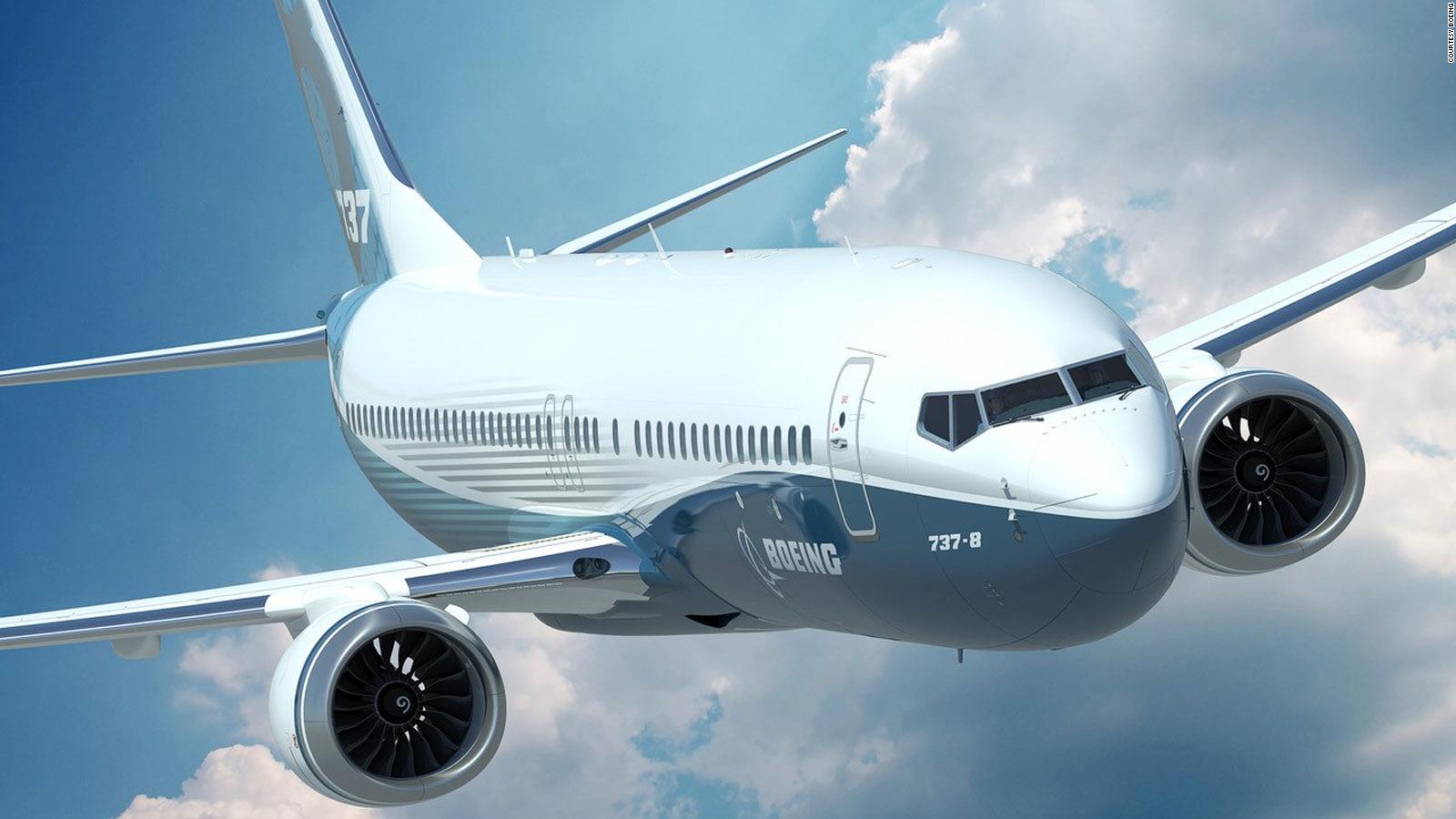
Zero-emission aviation initiatives have mainly focused on using hydrogen or drop-in biofuels and sustainable aviation fuels (SAF) to replace fossil-based jet fuels to achieve near-term reductions in carbon emissions with minimal impacts on the global aircraft fleet and supporting infrastructure. Despite significant advances in the production of such fuels, scaling up manufacturing capability to be cost-competitive remains a challenge. This paper discusses ammonia as a carrier of green hydrogen for aviation, with near-zero emission. Ammonia is proposed as both a carrier of hydrogen as fuel and to provide cooling for compressor intercooling and cooled cooling air for core efficiency improvement,…

